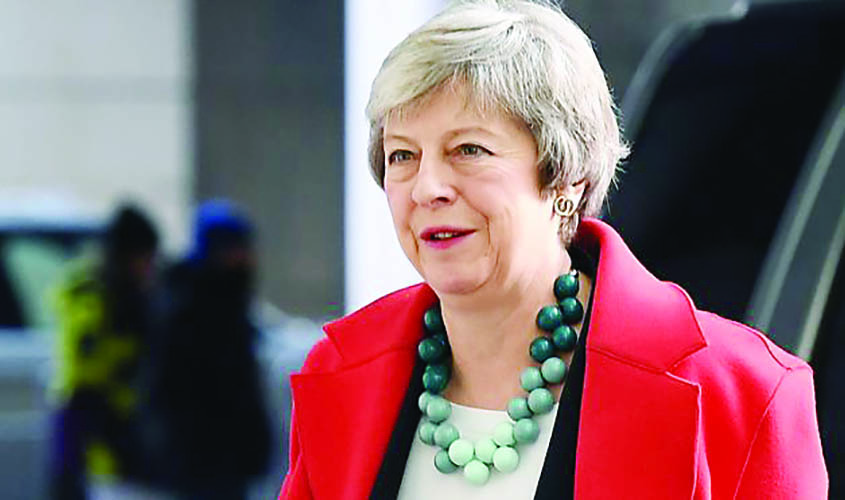It was an eventful week in Westminster. Prime Minister Teresa May failed to win approval for her Withdrawal Agreement (WA) when the Labour Party, the Democratic Unionist Party (DUP) and 118 Conservative MPs voted against her. After the result was announced, May challenged Labour leader Jeremy Corbyn to bring a vote of no confidence in the government. Corbyn obliged and lost by 19 votes; that May would survive, was never in doubt.
Where does that leave Brexit? The EU wants UK to define what sort of Brexit is desired. The Prime Minister is holding cross party meetings at No.10 to discover what each party envisions. However, so far, Jeremy Corbyn, who voted for Article 50, has refused to engage with May about his vision for Brexit, although half the Labour Party encourages him to do so.
Meanwhile, MPs and ministers are having their own random shout-outs about how Brexit should be. The Chancellor, Philip Hammond assures business leaders that MPs will stop a “No Deal” and could revoke Article 50, yet Liz Truss, the Chief Secretary to the Treasury does not support a customs union “as it is incompatible with striking independent trade deals”. Greg Hands, former Trade Minister added it “contracts out to Brussels both trade defences and trade preferences for developing world (big loss of UK soft power)”. Conservative Party Chairman Brandon Lewis has warned the PM that the WA risks ripping the party apart. The Prime Minister used to say “no deal is better than a bad deal” but her tune has changed and now No Deal is seemingly the worst deal; yet it is what 17.4million people essentially voted for.
The options left to May are: to secure the backing of DUP and the European Research Group (ERG) by returning to Brussels and using the No Deal card to delete the Northern Ireland Backstop; this is fundamental to getting the backing of a majority in Parliament as it obscurely outlines the trading framework and tariffs for the whole of the UK for the foreseeable future
No Deal can only be avoided if there is a new deal. The ERG published “An alternative written ministerial statement under the terms of EUWA 2018 S13(4) 15 January 2019”, signed by 23 MPs. This would present Brussels with a fresh EU/UK Free Trade Plus agreement, replacing the Backstop Protocol with an interim FTA and Customs and Trade Facilitation Agreement and other mutually beneficial cooperations. Whilst simultaneously preparing for WTO rules, including unilaterally guaranteeing EU citizens’ rights to continue to live and work in UK, measures to reduce the cost of imported agri-food items, improving domestic regulation to support competitive markets, simultaneous discussions with US, India and China as well as rolling over EU FTAs.
Behind the scenes, preparations for a general election are afoot; candidate selections are accelerating, and the Civil Service has been put on notice to prepare for another snap election.
Meanwhile, Nigel Farage, formerly UKIP leader, hints that he may join the Conservative Party, while Remainers have gathered to warn Boris Johnson to keep off a leadership contest.
To everyone’s astonishment, to deflect attention from his own woes, President Emanuel Macron of France opined publicly on Brexit, claiming that he could read the British people’s minds and prescribing what would happen next.

